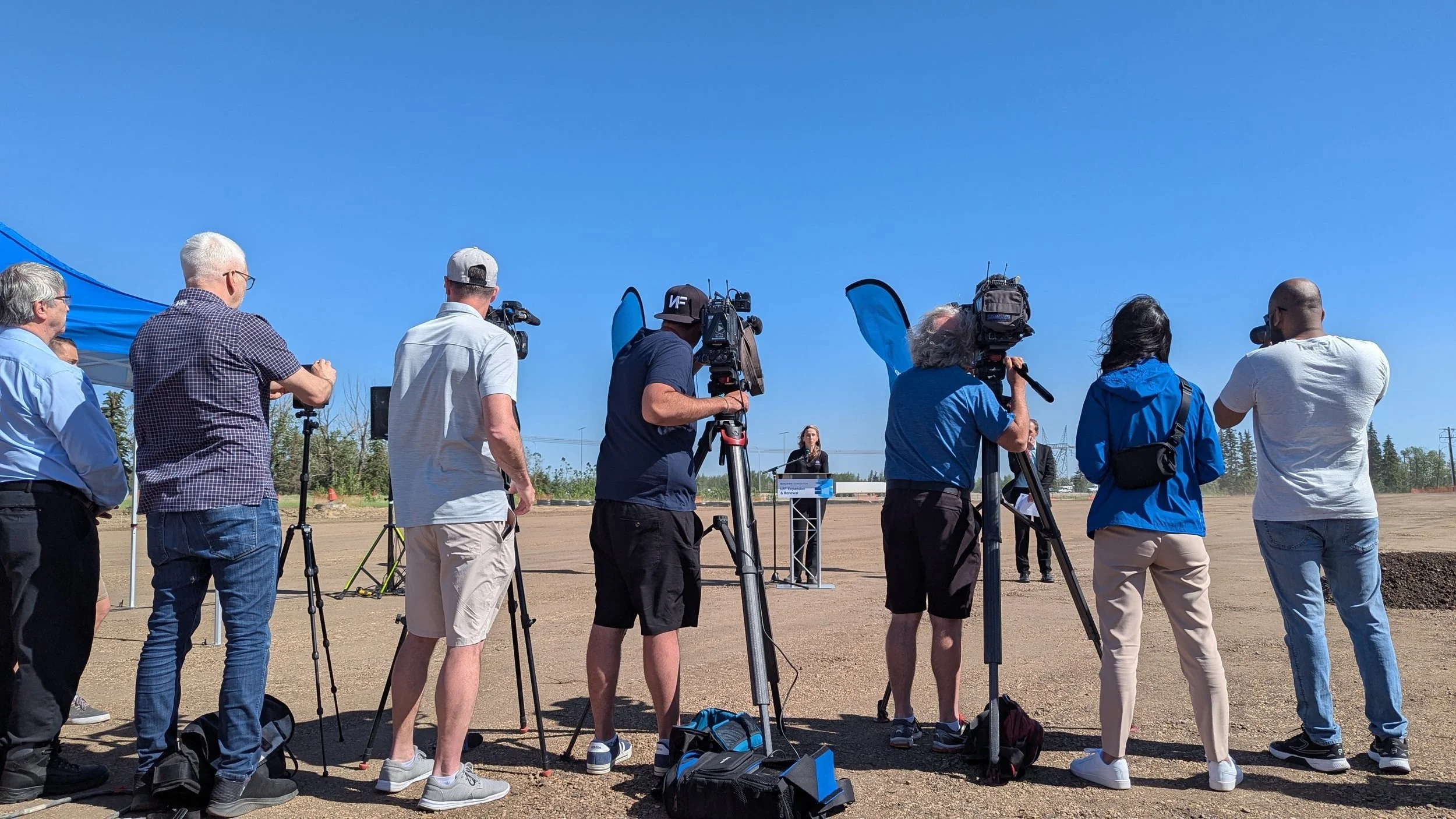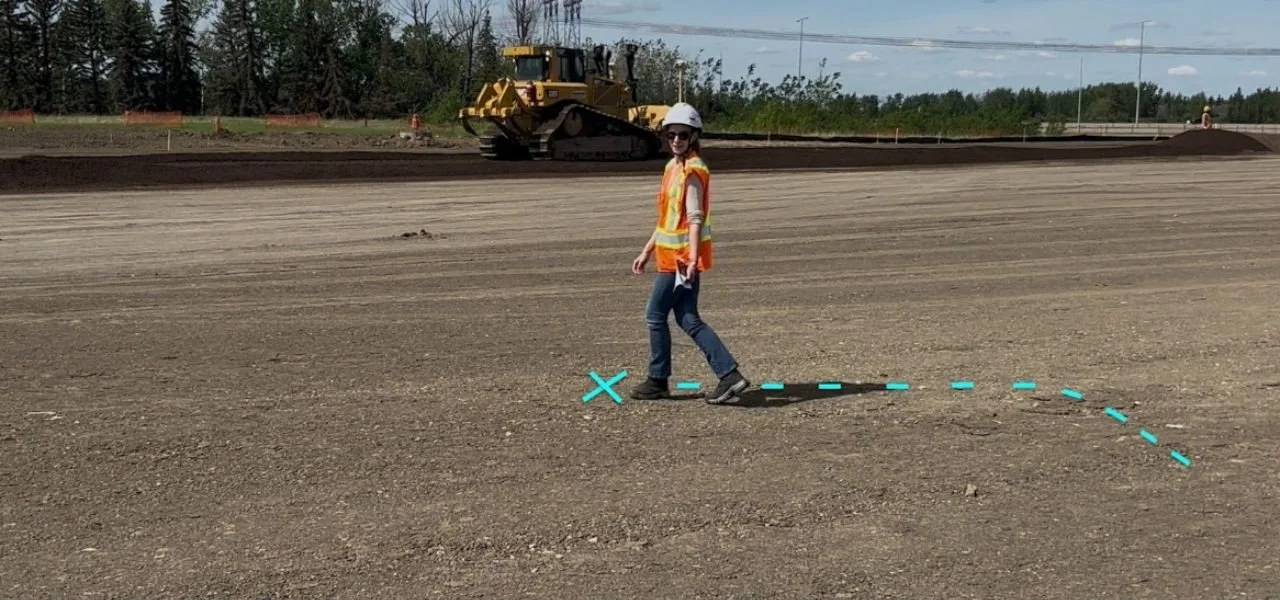Framing the Conversation
Case Studies and Thoughts on the Communications Industry
Media Training: Why Alberta’s New Councils Cannot Wait After Election Day
On October 20, 2025 Alberta will elect new mayors and councillors across the province. Many will be new to public office and they will often look to municipal staff to help them prepare for immediate media attention. Under Alberta’s Municipal Government Act (MGA), councils are entrusted with broad authority and responsibility from their first day in office. That authority comes with public accountability, and media attention is one of the most visible ways it shows up. Reporters will be looking for quotes within hours of swearing-in ceremonies.
When Should You Bring in a Stakeholder Engagement Firm?
Project managers and municipal leaders often face the same question: should stakeholder engagement be managed in-house, or is it better to bring in a specialized firm? The decision carries real consequences. Done well, engagement builds trust and keeps projects moving. Done poorly, it can create conflict, delay approvals, and damage reputations.
Public Relations vs. Media Relations: What’s the Difference and Why Does It Matter?
Public relations builds long-term relationships with your audiences—employees, customers, investors, and communities—through strategies like internal communications, events, and reputation management. Media relations is a part of PR that focuses on journalists, outlets, and influencers to secure earned media coverage. PR sets the strategy, while media relations amplifies it. Knowing the difference helps you use both effectively to strengthen your brand and reach the right people.
Successful Construction Project Media Events are Built on Planning and Attention to Detail
Planning a media event for your construction project? reVerb Communications helps you get every detail right—from messaging and visuals to safety and weather planning. Discover how we support high-stakes media events with precision and experience.
Community Meetings Keep Infrastructure Projects Moving Forward
“When people of the community come face to face with people on the project, and the real story comes out, you can actually feel a lot of the pressure in the room release itself,” says Wade Wilson, Director of Stakeholder Relations at reVerb Communications. From LRT builds to major infrastructure work, reVerb helps clients lower risk by guiding face-to-face community conversations—one person at a time.
Celebrating Project Excellence on the Valley Line Southeast
reVerb Communications led the public safety communications strategy for the Valley Line Southeast LRT on behalf of the City of Edmonton. As part of the project team, reVerb received two 2025 CEA Showcase Awards: an Award of Excellence for Project Management and an Award of Merit for Transportation Infrastructure.
These awards reflect reVerb’s commitment to public engagement and clear communication across complex infrastructure projects. From translated print materials to safety campaigns targeting all road users, reVerb ensured that residents felt informed, involved, and respected throughout the project.
“Modern projects are not just about the art of engineering,” said Quinn Nicholson, CEO. “It’s about the art of integration—bringing together engineering, technical, and communications elements into a coherent whole.”
Mistakes That Damage Credibility
Strong communication is essential for credibility, yet common mistakes can undermine trust. Lack of clarity, inconsistent messaging, and overpromising create confusion and skepticism. Ignoring audience feedback and using excessive jargon alienate stakeholders, while poor crisis communication and failure to address mistakes erode confidence.
The Canada Line Controversy
The Canada Line controversy demonstrates the cost of poor communication in infrastructure projects. Originally promised as an underground system, it shifted to cut-and-cover construction, disrupting businesses and sparking lawsuits. While courts ruled against financial compensation, trust and goodwill were lost, damaging relationships between stakeholders and developers.
The Cost of Miscommunication
A simple conversation led to a costly misunderstanding on a construction project. A business owner was promised roadwork at no cost—until that promise disappeared.
The 2022 Rogers Outage
The 2022 Rogers outage disrupted internet, wireless, and banking services across Canada, affecting millions of customers, emergency services, and businesses. Beyond the technical failure, poor crisis communication worsened the situation. Rogers delayed its response, lacked transparency, and failed to reassure customers, leading to public frustration and loss of trust.
CIBC’s $30 Million Fine
CIBC was fined $30 million for failing to prevent employees, including executives, from using unapproved communication methods like personal texts for business. The case underscores regulatory focus on compliance and the consequences of weak internal controls.
Framing the Conversation is a space dedicated to exploring best practices, challenges, and lessons in the communications industry. Whether analyzing real-world case studies or discussing broader communication principles, this series dives into what makes messaging effective and how organizations can build credibility through clear, transparent, and strategic communication.
Through this series, we examine the pitfalls that organizations often encounter, such as inconsistent messaging, lack of transparency, and failure to listen to stakeholders. By identifying these common issues, we highlight ways to improve communication strategies, both in public and corporate settings. We also look at case studies from various industries, analyzing how companies, government agencies, and public figures handle communication challenges. From crisis response to proactive messaging, these examples offer valuable insights into what works and what doesn't when engaging with the public, customers, or employees.
Beyond crisis management, Framing the Conversation covers topics such as effective stakeholder engagement, digital communication trends, and the role of social media in shaping public perception. Our goal is to provide actionable takeaways that help professionals refine their communication strategies, build trust, and enhance their messaging.
By learning from past successes and failures, organizations can strengthen their communication approach. Stay tuned as we continue to explore the evolving landscape of the communications industry.












